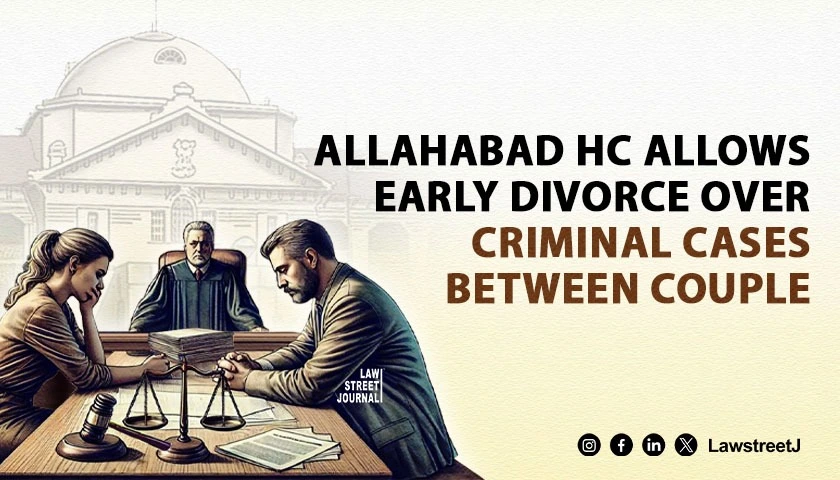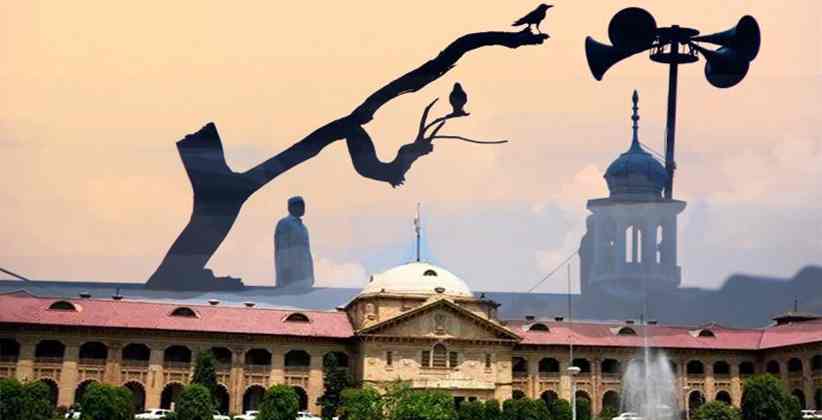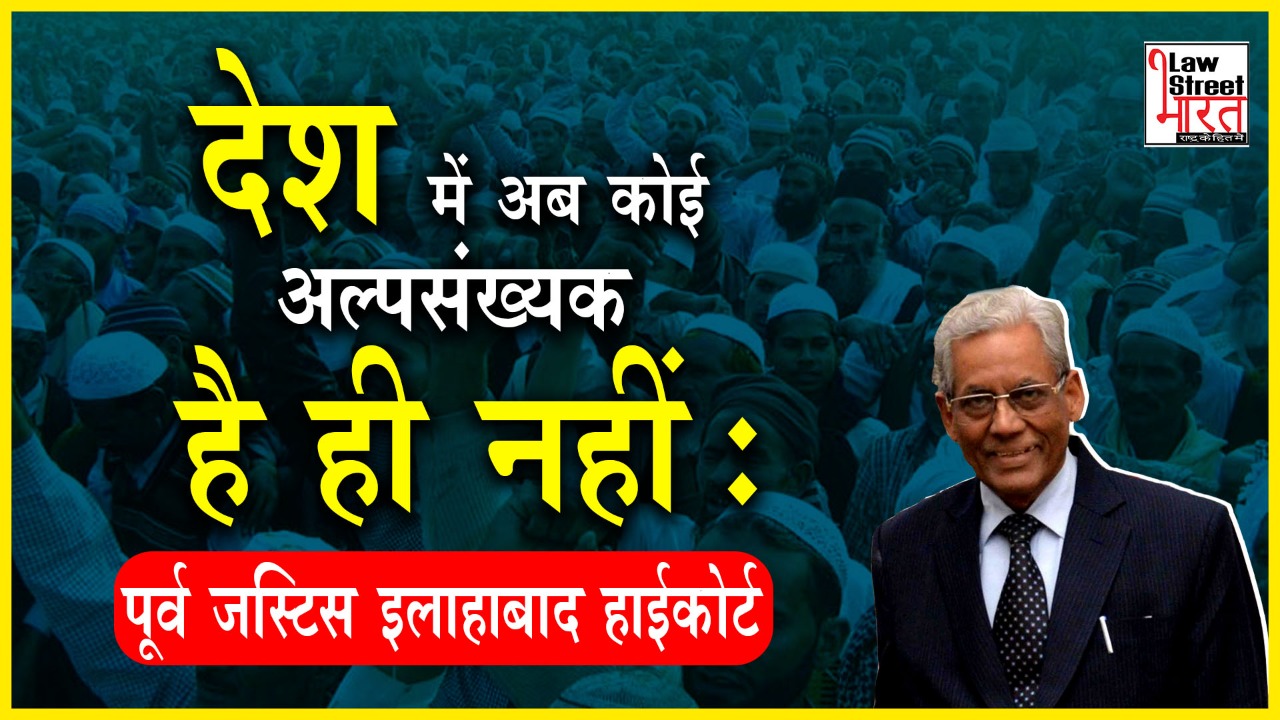Prayagraj: The Allahabad High Court has delivered a significant judgment allowing mutual consent divorce within one year of marriage by invoking the proviso to Section 14(1) of the Hindu Marriage Act, 1955, particularly in cases where criminal complaints have been filed between spouses, emphasizing the need to prevent unnecessary mental and physical harassment.
Justices Vivek Chaudhary and Brij Raj Singh made crucial observations on the application of Section 13-B read with Section 14 of the Hindu Marriage Act, 1955, regarding the waiver of the mandatory one-year waiting period for divorce proceedings.
The court was hearing a case where the couple had married on 05.08.2024, but their relationship deteriorated rapidly, leading to multiple criminal cases being filed between them.
Addressing the core legal issue, the court observed that the proviso to Section 14(1) of the Hindu Marriage Act, 1955, serves as an exception to the general requirement of a one-year period from the date of marriage before a party may file a petition for divorce.
The court further highlighted the factual circumstances justifying the waiver, stating, “In the present case, it is borne out from the record that criminal cases have been filed by the respondent, and there is no chance that the marriage will subsist. Therefore, the proviso to Section 14(1) of the Act, 1955, is to be invoked so that the parties may get divorce and lead their peaceful life.”
Explaining the rationale behind permitting an early divorce, the court emphasized that when both parties are voluntarily inclined to end the relationship and have no desire to continue it, and when they wish to move on with their lives separately, an application filed under Section 14(1) of the Hindu Marriage Act, 1955, read with Section 151 of the Code of Civil Procedure, should be allowed.
The court specifically noted the exceptional circumstances present in this case, observing, “Continuance of the litigation will cause mental and physical harassment to them unnecessarily when both of them are not inclined to continue with the relationship at all.”
The court also detailed the troubled timeline of the marriage: the couple married in August 2024, executed a notarial deed on 12.08.2024, held a second ceremony on 03.09.2024, but by September 2024, criminal cases were being filed, including FIR No. 96 of 2024 under Sections 115(2), 352, and 351(3) of the Bharatiya Nyaya Sanhita, 2023, and later FIR No. 261 of 2024 under Sections 376 and 506 IPC and Section ¾ of the POCSO Act.
The court relied on precedents from various High Courts, including the Punjab & Haryana High Court in Mandeep Kaur Bajwa v. Chetanjeet Singh Randhawa, the Kerala High Court in Gijoosh Gopi v. Shruti S, and its own precedent in Manish Sirohi v. Smt. Meenakshi, to establish the principle that exceptional hardship justifies waiving the one-year waiting period.
In its interpretation of the law, the court noted, “The opening line of Section 13-B of the Act, 1955, begins with the expression ‘subject to the provisions of this Act,’ which clearly establishes that the provisions of sub-section (1) of Section 13-B of the Act, 1955, are subject to the other provisions contained in the Act, 1955, including those under Section 14 of the Act, 1955.”
The court directed that the Family Court shall treat the petition filed under Section 13-B as having been filed on 26.03.2025, enabling the parties to make a motion under Section 13-B(2) after six months from that date.
The court emphasized the humanitarian aspect of the decision, stating that when differences have occurred that cannot be reconciled, separation at an early stage allows the parties to “enjoy their happy marital life elsewhere” rather than be subjected to prolonged litigation.
Ms. Maria Fatima, Mr. Gaurav Mehrotra, Mr. Nadeem Murtaza, and Ms. Shhreiya Agarawal, Advocates, appeared for the Appellant, while Mr. Prateek Yadav, Advocate, appeared for the Respondent.
Case Title: Angad Soni vs. Arpita Yadav




!["No Loudspeakers For Azan, No Fundamental Right To Create Noise," Says Allahabad HC To Two Mosques [Read Judgment]](/secure/uploads/2020/01/lj_4995_Allahabad_HC_AZAN.jpg)






